Tracking change
The secret to maintaining his enthusiasm for the job after 30 years is seeing the changes brought about by the development of high-speed trains, making him feel that his work is very meaningful.
Tourism has expanded in Qinghai since the operation of the Lanzhou-Urumqi High-Speed Railway. Menyuan Hui autonomous county, located 150 km from Xining, has leveraged the rail to turn local attractions such as its rapeseed flowers, snowcapped mountains and forest parks into popular tourist destinations. This has helped residents find employment and increase their income. Last year, Menyuan's GDP reached 4.5 billion yuan ($628 million), five times that of in 2013.
Ma recalled that in the past, it took about 4 hours to travel by regular train from Xining to Lanzhou, but now it takes less than an hour by high-speed train. Residents in Menyuan county who needed to travel to Xining to visit relatives, for shopping or seeking medical treatment had to travel by car on rugged mountain roads, which took several hours. Now, the travel time has been reduced to just 38 minutes.
About 10 years ago, when Ma had training in Tianjin, his classmates asked him where he was from. When he said he was from Xining, Qinghai, they were puzzled and even asked if it was a city near Qingdao in Shandong province.
"Honestly, I had an aggrieved feeling at that time. Last year, when I went for training again, classmates chatted about the beauty of Qinghai Lake, grasslands and Menyuan's vast fields of rapeseed flowers. I felt very proud," he said.
Since the railway began operation, the number of tourists traveling to Qinghai by high-speed train has significantly increased, and the railway station in Menyuan has even had to be expanded, he said.
"Qinghai is a fantastic place known for its yak meat, highland barley, yogurt and wild medicinal herbs. The construction of the railway has spurred local prosperity, bringing visible and tangible changes," he added.
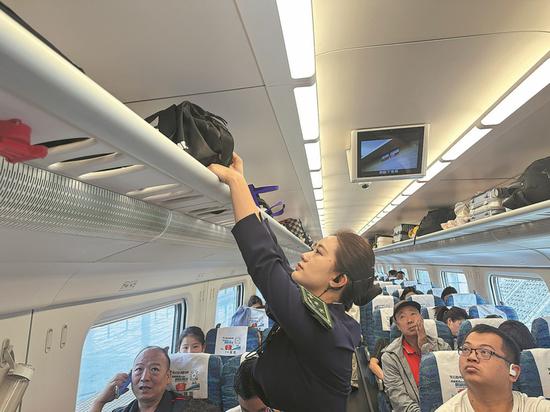
Ma Xueting serves passengers on a train on the Lanzhou-Urumqi High-speed Railway earlier this month. (Photo provided to China Daily)
Ma Xueting, 31, of the Hui ethnic group, born and raised in Qinghai, started working for the railway in October 2014, and is currently a train conductor of a Fuxing high-speed train.
When talking about the development in her hometown, she said she felt very proud. She feels honored to participate in the operation of the Lanzhou-Urumqi High-Speed Railway and witness the changes it has brought to her hometown.
Chinese people often say, "To get rich, first build a road". In the past, with the construction of roads, it became much more convenient for people to travel short distances. Now, with the high-speed rail network in place, distances of hundreds or even thousands of kilometers can be covered in a single day, she said.
"Our vast northwestern region spans great distances, with cities often hundreds of kilometers apart. Relying solely on roads can still pose many inconveniences," she said.
Qinghai's resources are extremely rich, not only with unique natural scenery and profound ethnic culture but also as a food paradise. However, due to inconvenient transportation, these rich tourism resources remained largely undiscovered. The railway has allowed millions of visitors to explore this region. Now, passenger trains run on the high-speed railway, with direct trains from Xining to 27 provincial capitals and municipalities, she said.
"Every summer, especially during the peak tourism season from June to September, there is a shortage of train tickets and accommodation in many counties," she said.
Ma Xueting said many of her relatives and friends have started working in tourism, with their annual income being quite good.
According to official statistics, since the opening of the Lanzhou-Urumqi High-Speed Railway, Qinghai has received a total of 340 million tourists. In that time, 337.36 billion yuan has been generated in tourism revenue, with an average annual growth rate of around 10 percent.












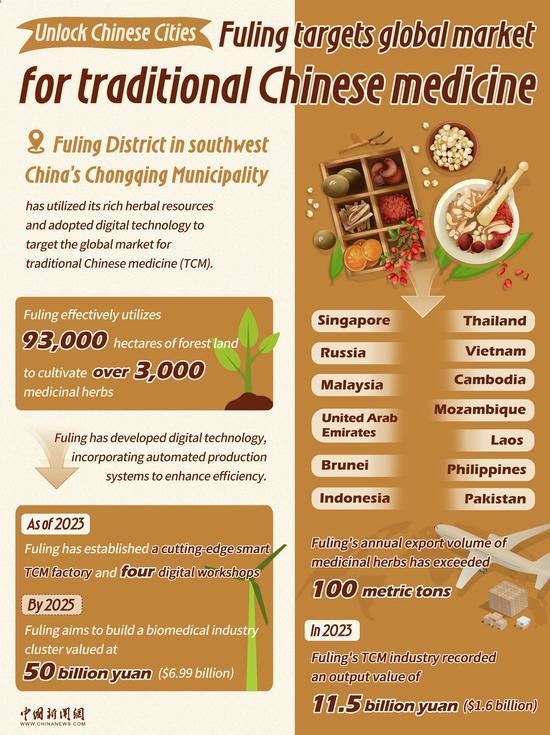
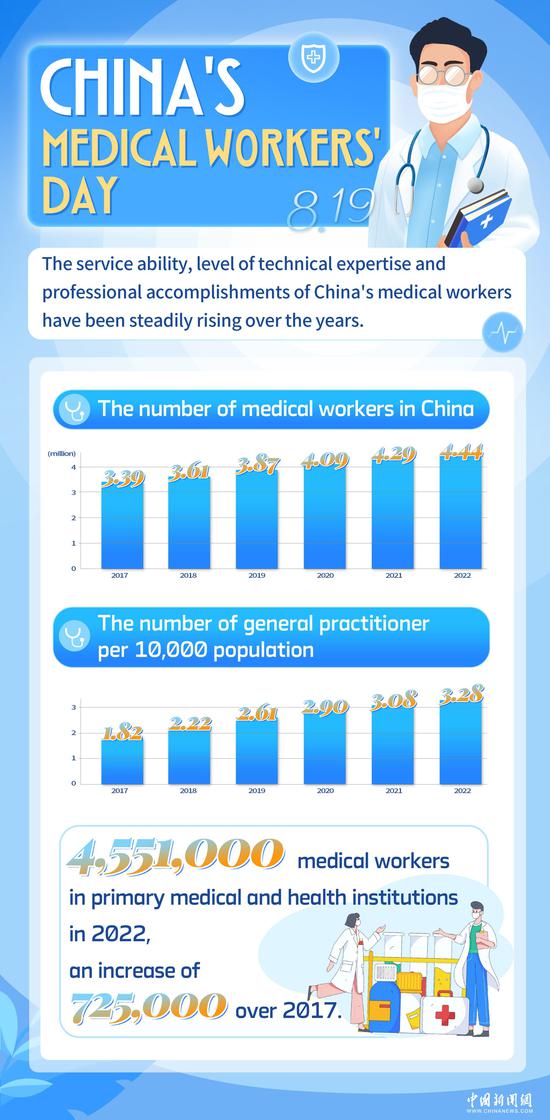





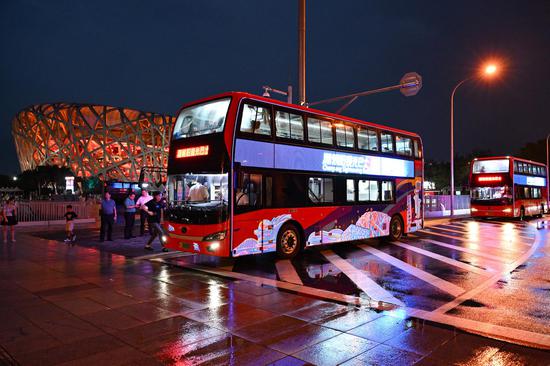

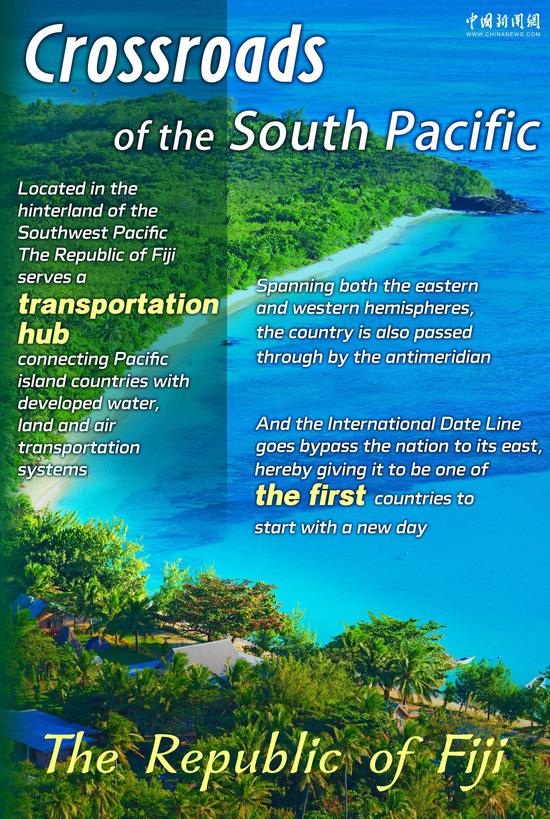
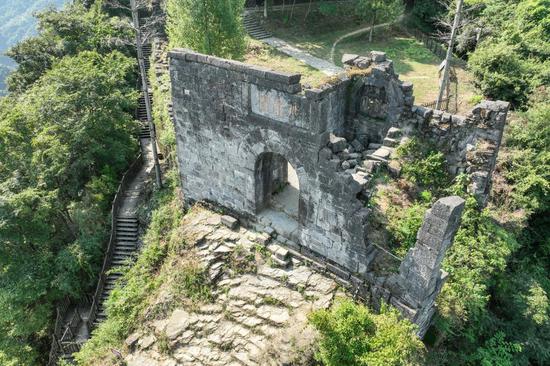

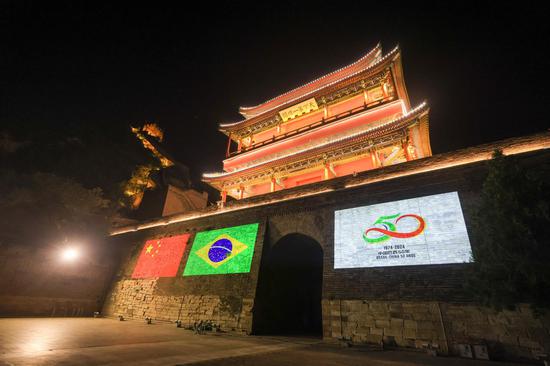


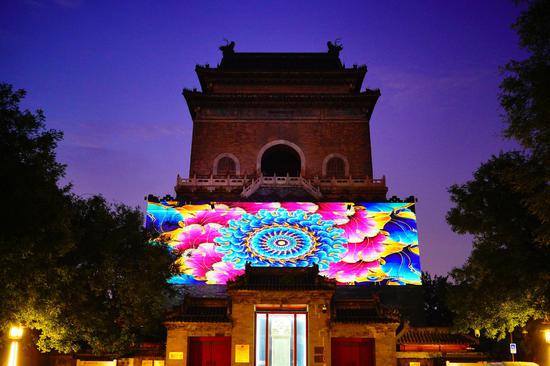
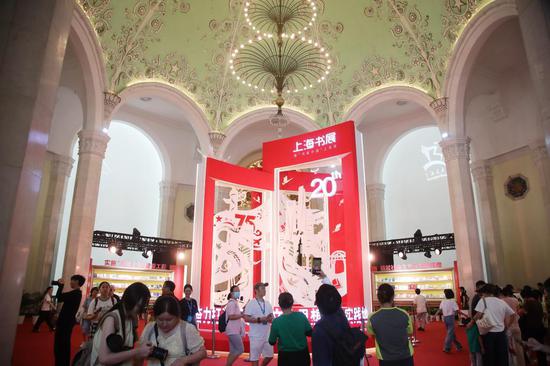

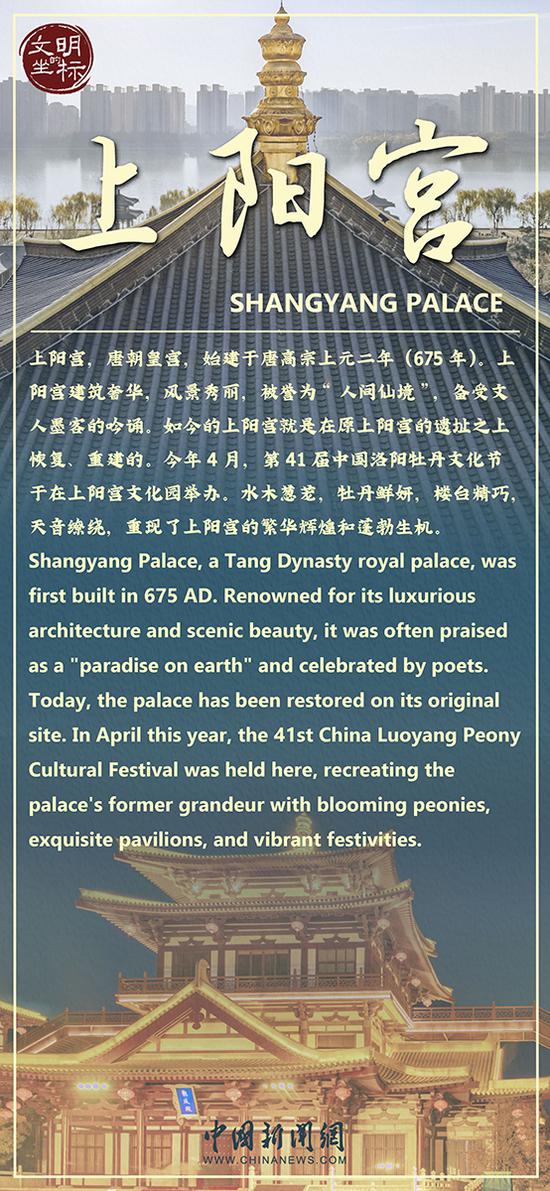










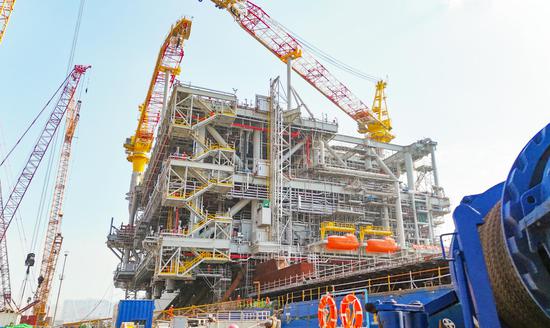








 京公網安備 11010202009201號
京公網安備 11010202009201號